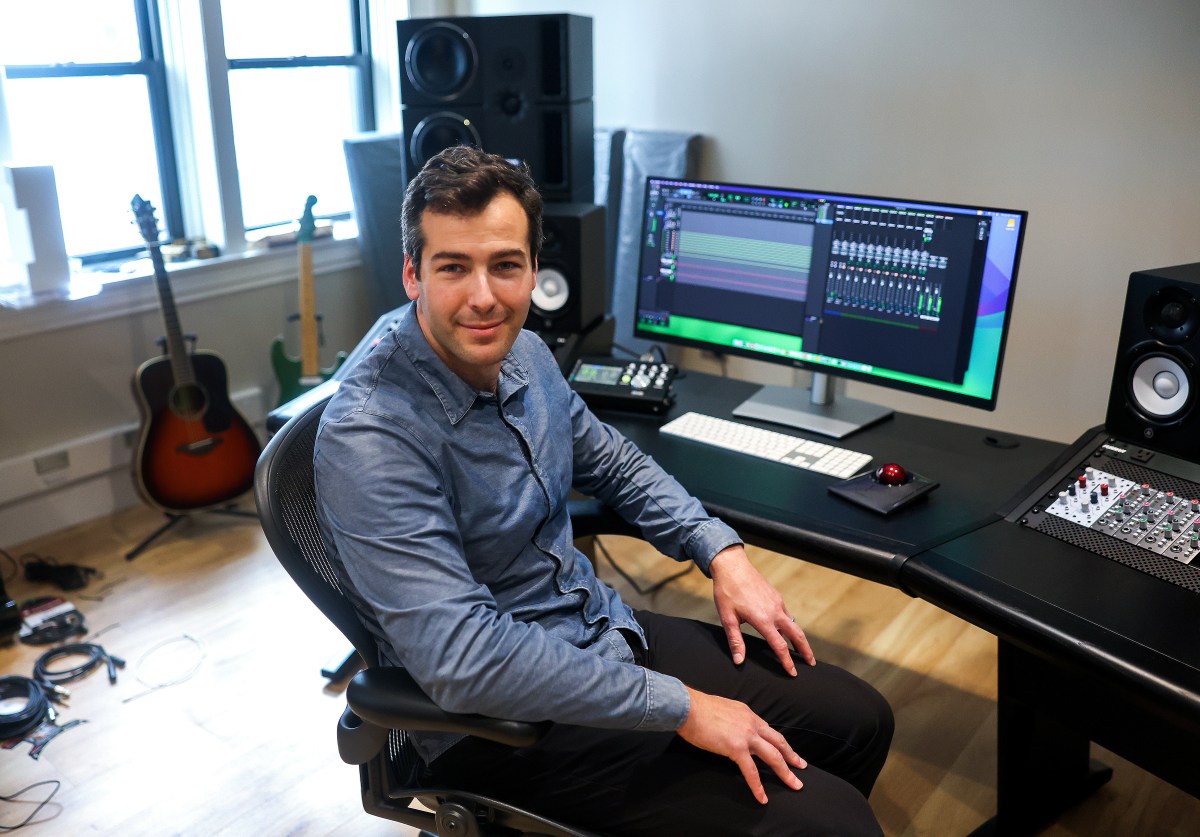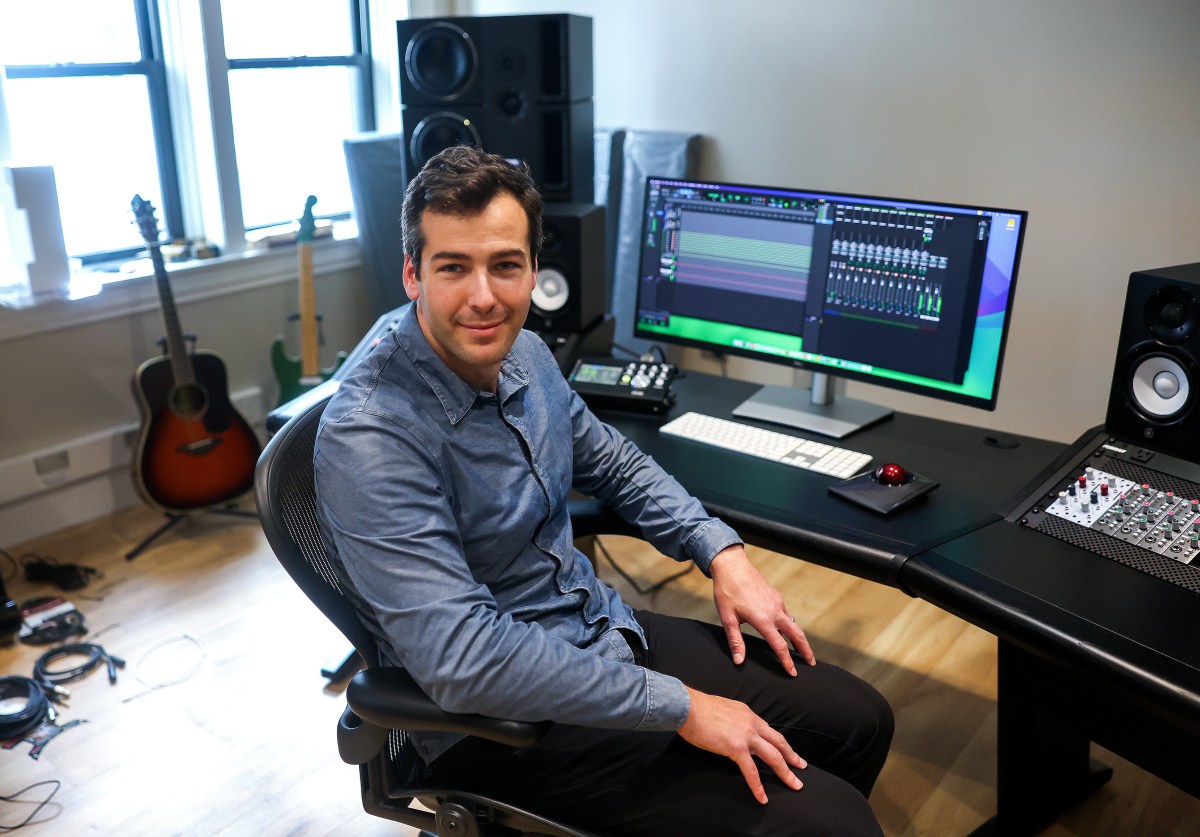Key Points
- Suno raised $250 million in a Series C round led by Menlo Ventures.
- The financing values the AI music startup at $2.45 billion.
- Annual revenue has reached $200 million, driven by subscription plans.
- Suno offers a free tier and paid subscriptions at $8 and $24 per month.
- Three major record labels have sued Suno over alleged unlicensed training data.
- Legal challenges also involve Danish rights group Koda and German organization GEMA.
- Investors cite the platform’s viral, word‑of‑mouth growth as a key strength.
- Menlo Ventures praised Suno’s ease of use: “Type an idea, click Create…”.

Funding Milestone and Valuation
Suno, an AI music generation service that allows anyone to create songs by entering simple text prompts, disclosed a $250 million Series C funding round. The financing was anchored by Menlo Ventures, with participation from Nvidia’s venture arm NVentures, Hallwood Media, Lightspeed and Matrix. The new capital lifts Suno’s post‑money valuation to $2.45 billion, underscoring strong investor confidence despite ongoing legal scrutiny.
Revenue Growth and Product Offering
The company reported $200 million in annual revenue, reflecting rapid adoption of its consumer‑focused subscription model. Suno provides a free tier as well as paid plans priced at $8 and $24 per month, and recently introduced a commercial‑creator version in September to serve professional users. Growth has been driven largely by word‑of‑mouth sharing, as users distribute the songs they generate across messaging apps and social platforms.
Legal Challenges
Suno is currently defending itself against a lawsuit filed by three major record labels—Sony Music Entertainment, Universal Music Group and Warner Music Group. The plaintiffs contend that Suno trained its AI models on copyrighted music scraped from the internet without obtaining permission. Similar disputes have arisen with the Danish rights organization Koda and Germany’s GEMA, the latter of which recently won a suit against OpenAI on comparable grounds.
Industry Context
These lawsuits sit in a legal gray zone in the United States, where many cases settle through licensing agreements after the fact. The broader AI industry continues to grapple with how to reconcile rapid technological advancement with existing copyright frameworks. Nonetheless, investors appear willing to overlook the uncertainty, viewing Suno’s market traction as a compelling signal of future profitability.
Investor Perspective
Menlo Ventures highlighted the platform’s simplicity and viral potential, quoting their blog post: “Type an idea, click Create, and suddenly, you’re not just imagining music — you’re making it.” The firm emphasized that Suno’s growth has been largely organic, driven by users sharing generated songs in group texts and online communities. This narrative suggests that the company’s value proposition resonates strongly with both casual creators and professional musicians.
Outlook
While the legal battles could pose risks, Suno’s sizable funding round, strong revenue figures and expanding user base position it as a leading player in the emerging AI‑generated music market. The company’s ability to navigate the evolving copyright landscape will likely determine the durability of its growth, but current investor sentiment remains decidedly upbeat.
Source: techcrunch.com
